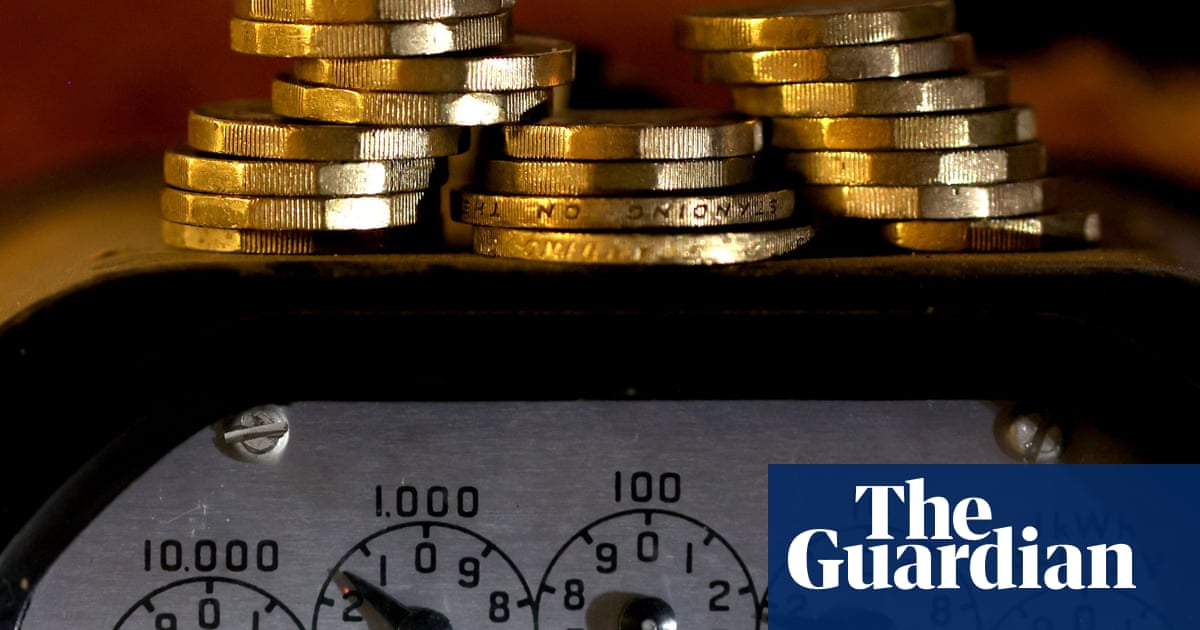An average annual energy bill in England, Scotland and Wales will rise by 1.2% to £1,738 from January, heaping further pressure on household finances.
The energy regulator Ofgem said its quarterly price cap would go up by £21 a year, or about £1.75 a month, for a typical household’s gas and electricity use.
The increase for the January-to-April cap comes on top of a 10% rise for the period between October and December, when it was £1,717 a year.
As temperatures drop during the winter, consumers also face a squeeze from rising mortgage costs and higher inflation as well as threatened price rises by retailers as a result of changes made in last month’s budget.
The price cap is set every three months by Ofgem, the regulator that covers Great Britain, and is the maximum suppliers can charge their 28 million household customers for each unit of gas and electricity.
The annual figure represents the average use in a British home. However, consumers may pay more than the cap, depending on their usage.
Ofgem said the new cap will be £190 cheaper compared with January 2024 and 57% less than in January 2023, during the energy crisis.
But bills will remain far higher than the £1,216 seen before Russia’s invasion of Ukraine in February 2022, which sent gas prices soaring and threatened to push energy bills above £4,000.
Tim Jarvis, the director general of markets at Ofgem, said: “While today’s change means the cap has remained relatively stable, we understand that the cost of energy remains a challenge for too many households.
“However, with more tariffs coming into the market, there are ways for customers to bring their bill down so please shop around and look at all the options.”
after newsletter promotion
Cornwall Insight, a respected energy consultancy, predicted this week that prices will drop slightly in April 2025 and again in October 2025, but said: “Higher prices are likely the new normal.”
Millions of pensioners will no longer receive the winter fuel allowance benefit this year after the government decided to means-test the benefit.
Modelling released by the Department for Work and Pensions on Monday estimated that the change would push 50,000 more pensioners into relative poverty next year, and an additional 50,000 by the end of the decade.

